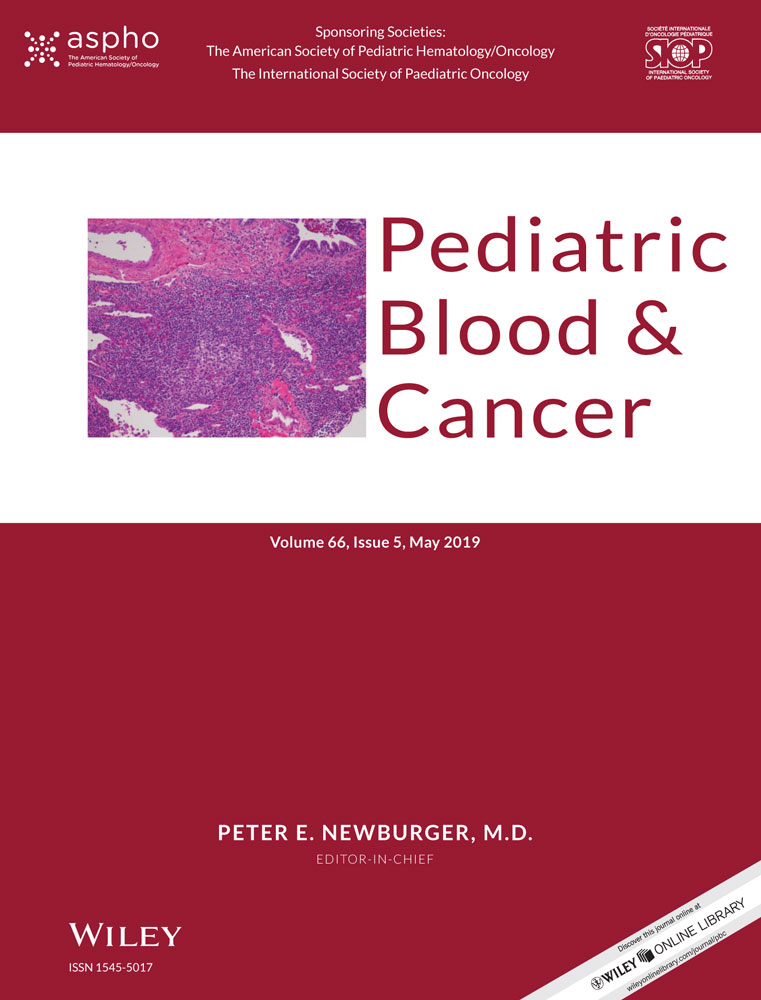The impact of monocular vision on motor function and quality of life in survivors of retinoblastoma
Abstract
Background
Monocular vision has been found to have a negative effect on children's motion processing and motor functions. Yet, knowledge of motor function of survivors of retinoblastoma (RB) with monocular vision (due to enucleation, for example) is limited. This study examined motor function and its relationship to visual-related and health-related quality of life (HRQOL) in survivors of RB with monocular vision.
Procedure
Parents of 27 survivors of RB, who underwent an enucleation of one eye resulting in monocular vision, and of 21 typically developing children between the ages of 6 and 12, were administered questionnaires relating to their children's motor function (DCDQ), as well as vision-related function (CVFQ) and HRQOL (PedsQL).
Results
Of the 27 survivors of RB, 7 (25.6%) were found to have difficulties in motor functions, compared with 1 (4.8%) child in the control group. The difficulties were faced mainly in daily function requiring control during movement, including jumping, running, and ball playing. Additionally, significant correlations were found between motor functions and children's QOL. Finally, survivors of RB with monocular vision were found to have lower QOL, specifically physical- and school-related QOL.
Conclusion
Survivors of RB who have monocular vision have a higher rate of decreased motor function and lower QOL. These results point to a need for ongoing assessment of survivors of RB to allow timely detection of motor deficits and to institute appropriate therapeutic interventions.
CONFLICTS OF INTEREST
The authors declare that there is no conflict of interest.




